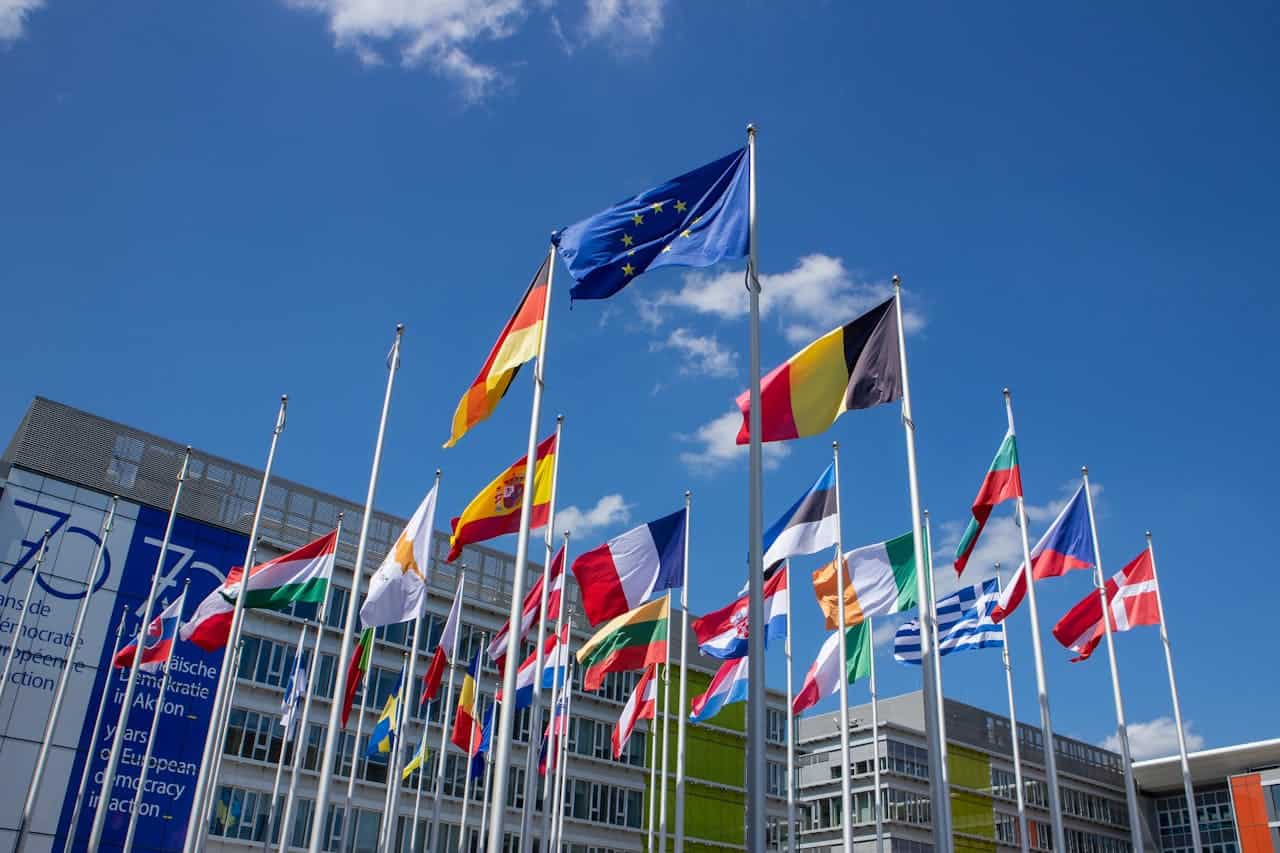The European Union’s tenth program for research and innovation must take a long-term view beyond current geopolitical challenges and continue to collaborate openly with non-EU partners, the Guild of European Research-Intensive Universities has said.
As the EU embarks on negotiations about its tenth framework program for R&I to succeed Horizon Europe in 2028, the Guild has warned that FP10, as it’s alternatively known, must secure enough funding (upwards of €200 billion) and must find a balance between policy-driven research and scientific independence.
“As a result of the present geopolitical context, the European Commission and member states have put a higher emphasis on strategic autonomy, responsible internationalisation and research security.
“We fear that this will severely affect the openness of FP10 to collaborate with non-EU partners,” Guild acting secretary general Ole Petter Ottersen told The PIE.
Europe accounts of 18% of the world’s innovative output – compared to 25% some 15 years ago, Balázs Hankó, Hungarian minister of education told a conference of European universities in April 2024.
“Europe has the talent to be world leading in science and technology but is struggling to keep up with its main competitors in research funding, high-quality scientific output, especially in new and emerging fields, and European industry is not specialised in the fastest growing sectors,” the European Research Council warned in January 2024.
Global competitiveness has gained a renewed impetus since Horizon Europe was drawn up seven years ago.
“FP10 can benefit from this new overarching policy narrative, unless – and this is our growing concern – competitiveness is narrowly understood and results in a focus of R&I investments in a few technologies deemed presently strategic.
“It is crucial that the ambition for making Europe more competitive and resilient remains future oriented,” stressed Ottersen.
The Guild has called for a budget of at least €200 billion for FP10, more than double the €95.5 billion budget allocated to Horizon Europe from 2021-27.
It has recommended that the funding be ring-fenced to avoid that short term policy goals result in sudden shifts in budget allocations, reiterating that “patient investments in R&I have the highest return in the long run,” according to Ottersen.
The Guild has advocated for a fine tuning of Horizon Europe, maintaining successful projects such as the European Research Council and the Marie Sklodowska-Curie Actions.
Funding should be set aside for bottom-up research instruments that support the “free curiosity and creativity of researchers” that will lay the groundwork for “game-changing innovations”, according to the Guild.
“It is crucial that the ambition for making Europe more competitive and resilient remains future oriented”
“Trust the researchers, they don’t live in an ivory tower. They already know the challenges we face, and they know how to address the challenges in the most effective way, so we don’t need to tell them what to do,” The Guild’s head of research and innovation policy Julien Chicot told The PIE.
The Guild has also emphasised the importance of social sciences and arts and humanities being included in the new framework.
“Of course, these fields are important in their own right, but they’re also important so we can safely introduce new technologies to society and see the societal implications of those technologies,” Ottersen added.








